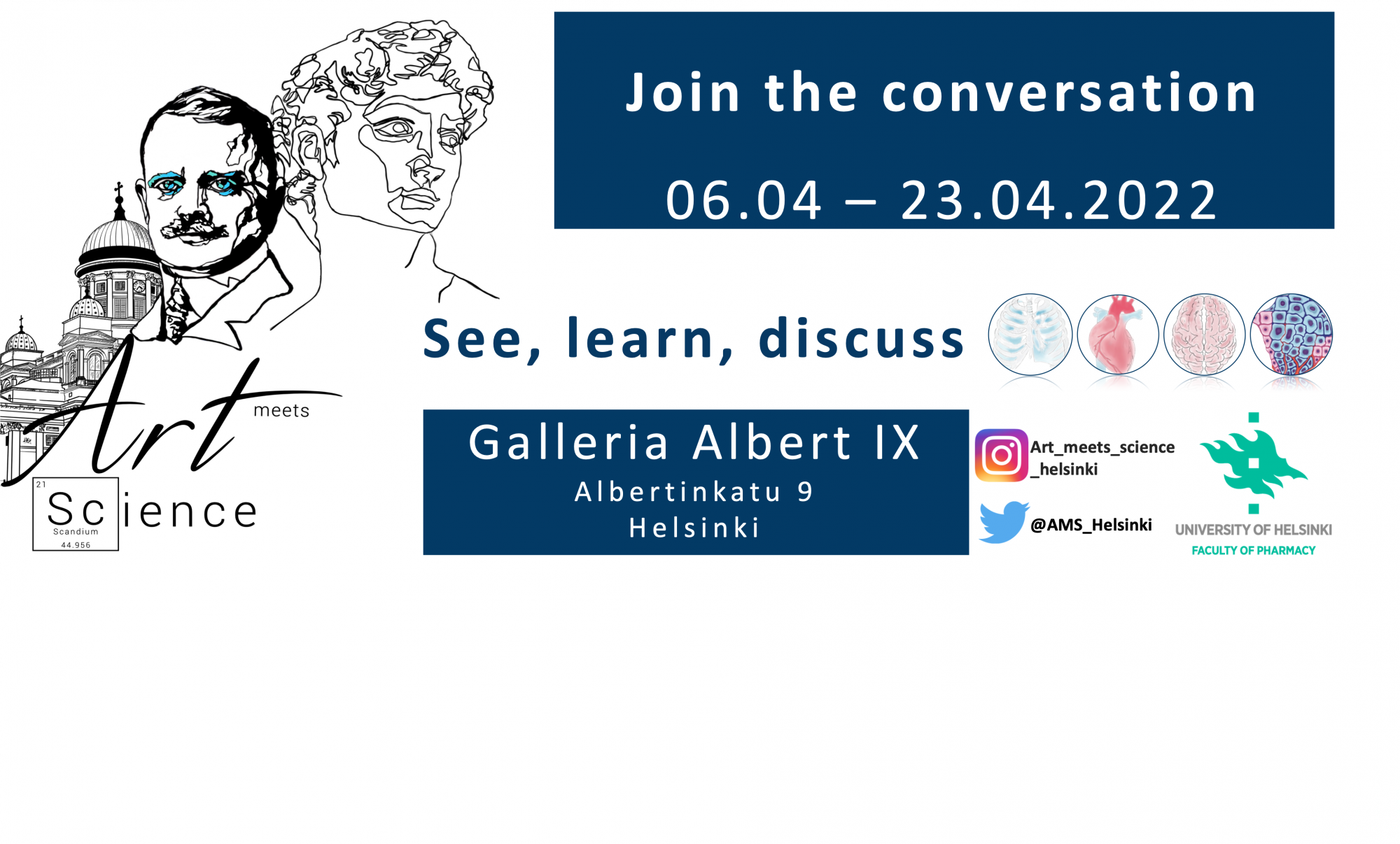After we take a drug, it will travel around the body in our blood, entering the cells of our different tissues, such as the liver. This movement can be helped, or hindered, by certain transport proteins. These transporters act like pumps on the cell membrane, protecting the cells from toxic compounds or bringing them essential nutrients. Their function can differ between individuals due to differences in genetics. Some drugs or dietary compounds may also alter their function. These changes can possibly affect the efficacy of drug treatment.
In our laboratory, we grow cells of human and animal origin and use them to study the function of transporters. When information about the function of a transporter is added to a computational model, we can predict its effect on drug treatment. In this way, we aim to ensure safe and effective drug treatments.
We have for instance studied how certain natural products and food additives can affect the function of transporters on a cellular level. Based on our results, we suspect that certain colourants, such as curcumin, may affect the absorption of drugs from the intestine. We have also studied the effect of genetic alterations on the function of several transporters. Many genetic alterations significantly decrease the function of transporters in cell studies, suggesting that drug levels in the body may be different in people with these alterations.
Learn more about Dr Eva Ramsay from Professor Heidi Kidron’s Transporter group.


- Graphic of a transport protein in the cell membrane, pumping drugs out of the cell and into the blood.
- Immunofluorescent microscope image of transporter proteins (green) on the surface of cells. The nucleus, where genetic information is stored, is in blue.


